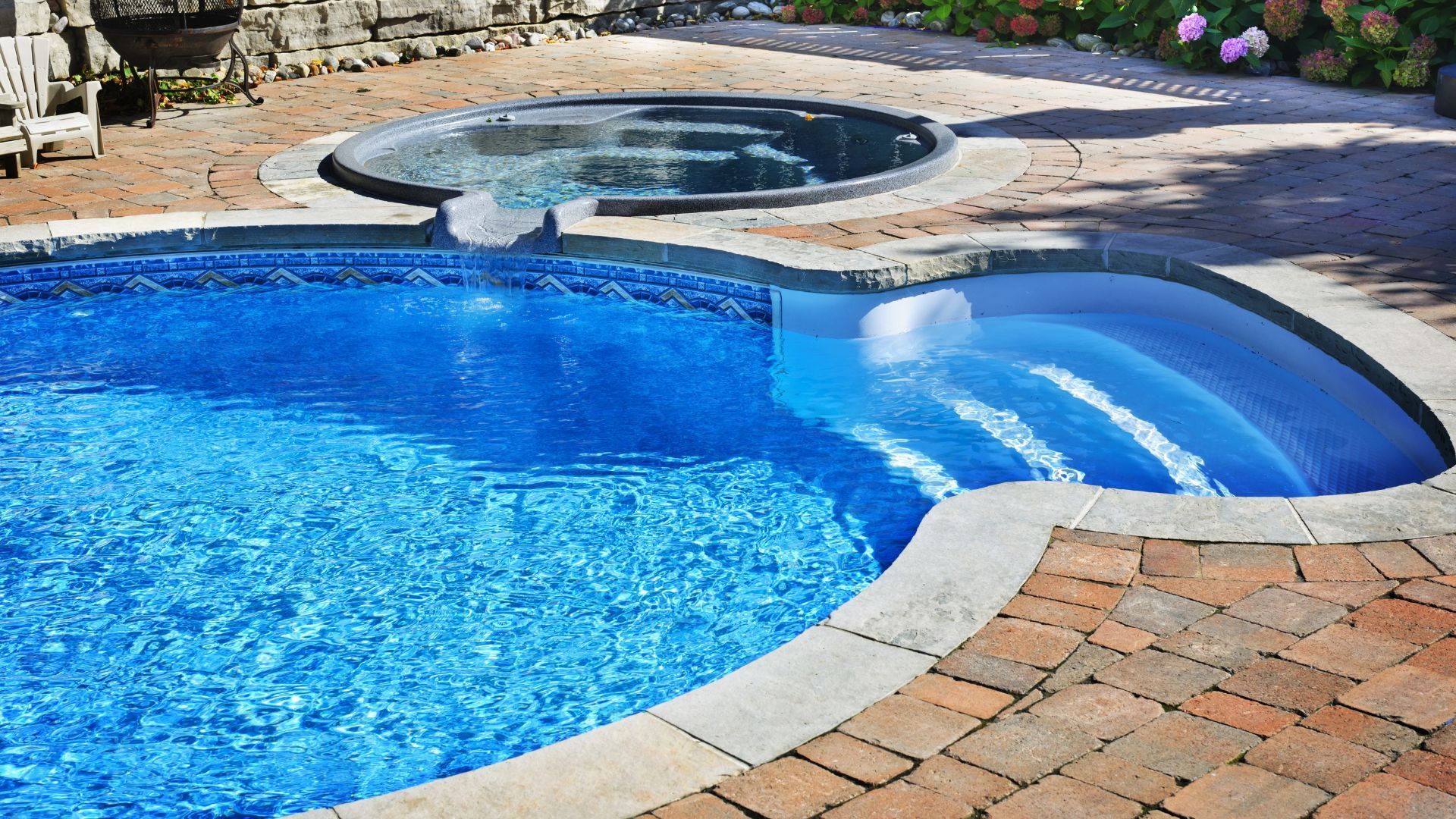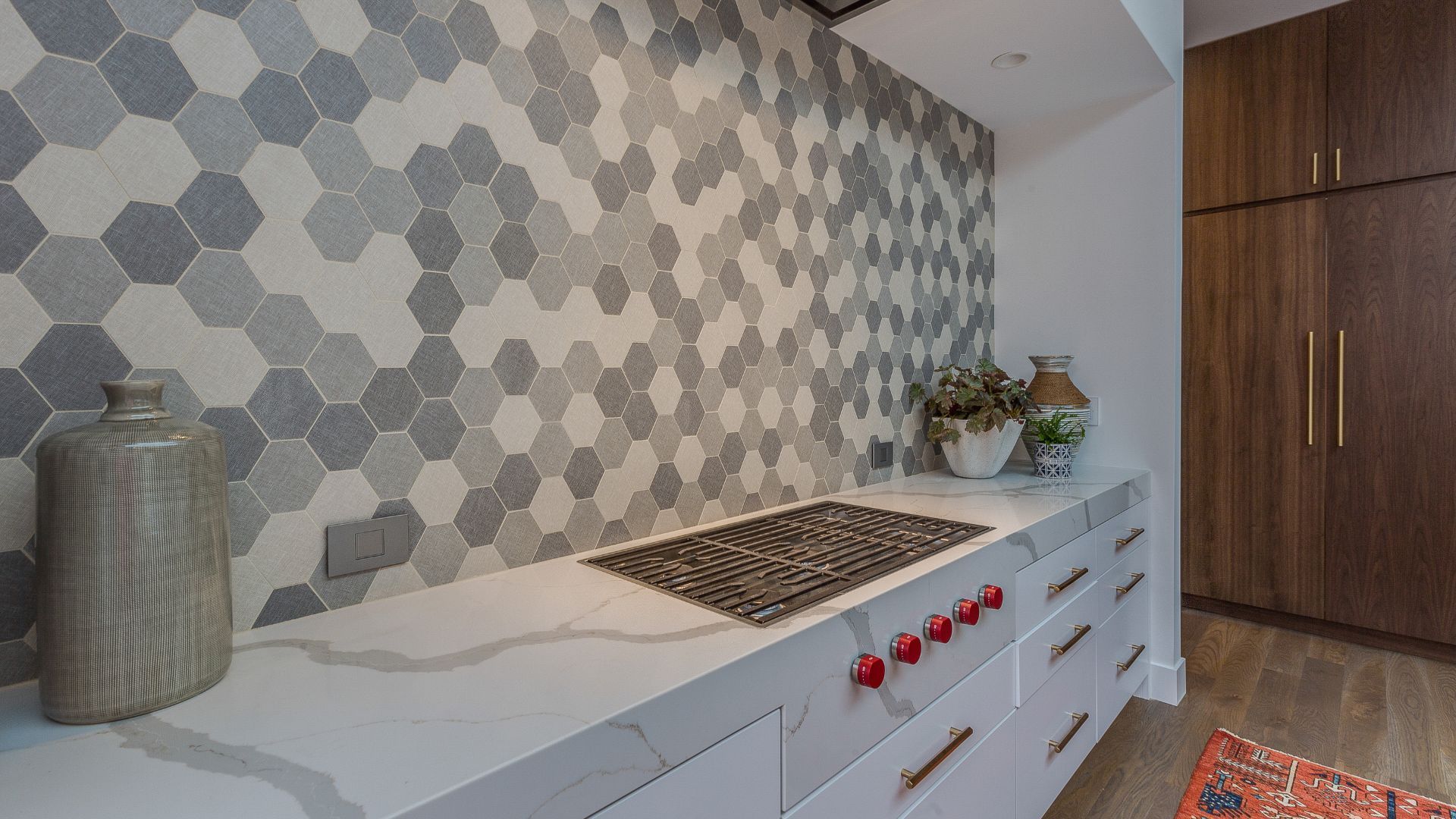Blog

When you think about curb appeal, security, and even property value, a fence for your front yard plays a bigger role than most people realize. It’s the first thing people see when they approach your home—and it can either enhance or take away from your overall look. But choosing the right type of fence and keeping it in good condition takes more than picking a style you like.




